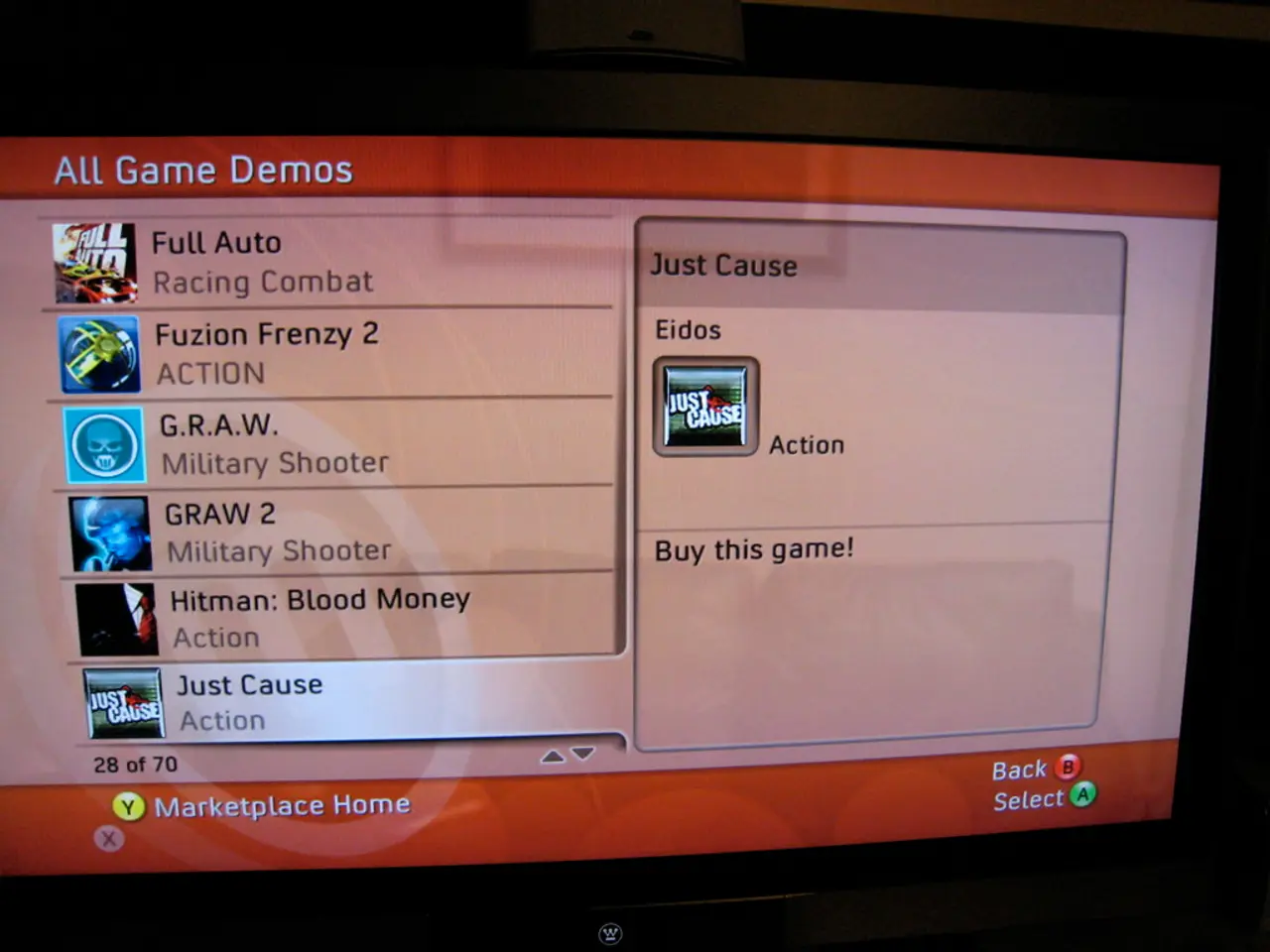Discussing the Boost in African Online Gaming Industry through Technology: Conversation with Leon Mutua on a Podcast
In the rapidly growing African iGaming market, understanding the distinct differences between the markets in Nigeria and South Africa is crucial for businesses seeking success. Leon Mutua, Key Account Manager at Sofascore, highlighted that Africa isn't a one-size-fits-all market, with significant variations between the two countries.
The iGaming markets in Nigeria and South Africa differ primarily in market size, regulatory environments, and maturity. Nigeria's market, projected to reach around $500 million by 2025, outpaces South Africa's market, currently valued at about $278 million. This rapid growth in Nigeria suggests a high potential for new entrants and innovation-driven business models.
South Africa, on the other hand, boasts a more established regulatory framework for gambling, including online gaming, which tends to be more structured and regionally fragmented within its provinces. Nigeria's regulatory scene is evolving quickly but faces challenges, including disputes over regulatory authority between federal and state levels.
In terms of market maturity and consumer profile, South Africa's market is relatively mature with established operators and a diverse player base, whereas Nigeria’s market is younger, fueled by a very large and youthful population, rapid urbanization in cities like Lagos, and growing mobile penetration. Nigeria also shows innovation with new gaming formats like tap-to-earn street games.
These differences have implications for business development strategies. For Nigeria, businesses must focus on fast growth, mobile-first platforms, innovative products, and navigating emerging regulations carefully. In South Africa, compliance with established regulation, building partnerships with provincial regulators, and leveraging a mature market structure are key.
Mutua proposes a shared data model based on Kenya's credit reference bureau system to help detect harmful behavior and enforce self-imposed betting limits across platforms. He also emphasizes the importance of regulation in Africa's iGaming landscape, suggesting that effective regulation should act as a partner rather than a barrier.
AI adoption is no longer optional but inevitable in Africa's iGaming industry, according to Mutua. He identifies three major innovations transforming Africa's iGaming space: Artificial Intelligence, micro-betting, and crash games. Cryptocurrency enables seamless, cross-border transactions from mobile devices in Africa's iGaming industry.
Looking ahead, Mutua sees significant untapped potential in four emerging iGaming territories: Uganda, Zambia, the DRC, and Ghana. These countries have a young demographic and are investing heavily in digital infrastructure, especially internet accessibility. The compounding annual growth rate for Uganda is approximately 13%, but only 20% of operators there are using sports data tools.
In summary, Nigeria offers rapid growth and innovation potential amid regulatory flux, demanding flexible, mobile-centric strategies, whereas South Africa offers a stable, established market requiring compliance-focused, diversified business models. Understanding these market nuances is essential to avoid financial losses in iGaming business development.
Sources:
[1] https://www.statista.com/topics/1160/online-gambling/#dossierKeyfigures [2] https://www.prnewswire.com/news-releases/african-online-gaming-market-to-reach-usd-1-billion-by-2025---reports-grand-view-research-301135725.html [3] https://www.financialafrika.com/2021/04/01/south-africa-online-gaming-market-outlook-2021/ [4] https://www.iigamingbusiness.com/regulation/africa/nigeria-s-online-gambling-market-evolving-rapidly-says-sofascore-key-account-manager
- In the African iGaming market, understanding the unique characteristics of cryptocurrency and AI adoption can provide businesses with a competitive edge, as these technologies enable seamless, cross-border transactions from mobile devices and transform the industry with innovations like micro-betting and crash games.
- When it comes to Nigeria's iGaming market, responsible gambling measures, such as the implementation of a shared data model based on Kenya's credit reference bureau system to detect harmful behavior and enforce self-imposed betting limits, can be crucial in ensuring the well-being of customers while promoting a sustainable market growth.
- As the African fintech industry continues to evolve, the South African iGaming market, characterized by a more structured and regionally fragmented regulatory environment, presents opportunities for businesses to collaborate with provincial regulators and leverage existing structures to navigate the industry successfully.



